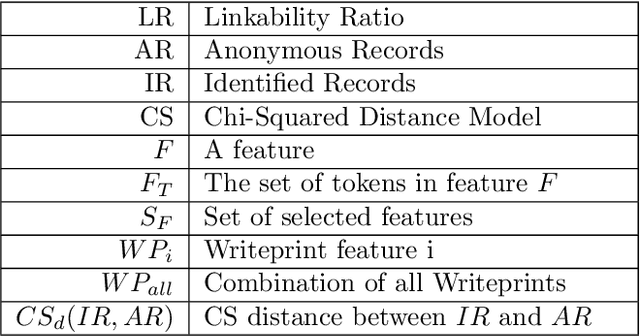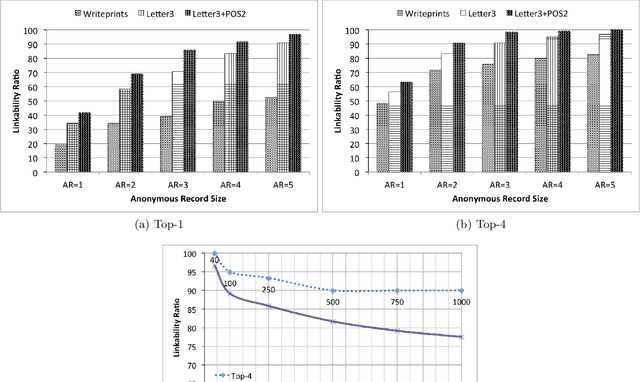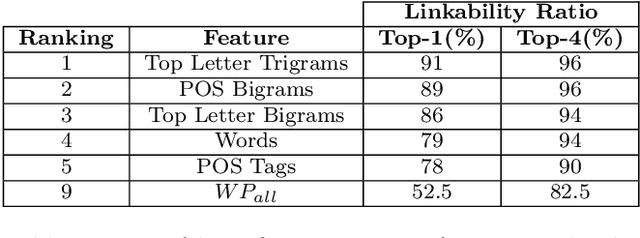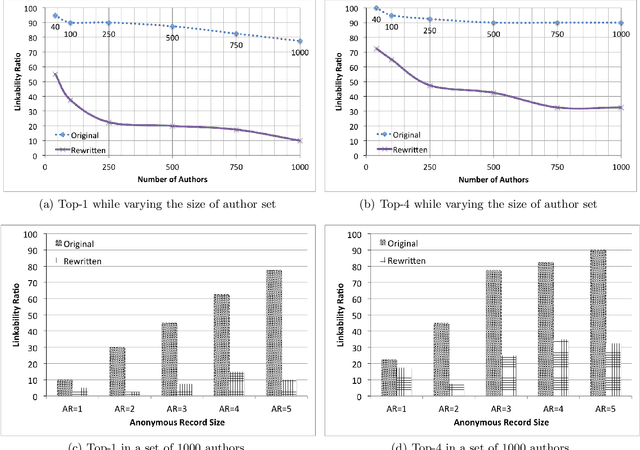Gene Tsudik
Thermal (and Hybrid Thermal/Audio) Side-Channel Attacks on Keyboard Input
Oct 05, 2022



Abstract:To date, there has been no systematic investigation of thermal profiles of keyboards, and thus no efforts have been made to secure them. This serves as our main motivation for constructing a means for password harvesting from keyboard thermal emanations. Specifically, we introduce Thermanator: a new post-factum insider attack based on heat transfer caused by a user typing a password on a typical external (plastic) keyboard. We conduct and describe a user study that collected thermal residues from 30 users entering 10 unique passwords (both weak and strong) on 4 popular commodity keyboards. Results show that entire sets of key-presses can be recovered by non-expert users as late as 30 seconds after initial password entry, while partial sets can be recovered as late as 1 minute after entry. However, the thermal residue side-channel lacks information about password length, duplicate key-presses, and key-press ordering. To overcome these limitations, we leverage keyboard acoustic emanations and combine the two to yield AcuTherm, the first hybrid side-channel attack on keyboards. AcuTherm significantly reduces password search without the need for any training on the victim's typing. We report results gathered for many representative passwords based on a user study involving 19 subjects. The takeaway of this work is three-fold: (1) using plastic keyboards to enter secrets (such as passwords and PINs) is even less secure than previously recognized, (2) post-factum thermal imaging attacks are realistic, and (3) hybrid (multiple side-channel) attacks are both realistic and effective.
Fighting Authorship Linkability with Crowdsourcing
May 19, 2014



Abstract:Massive amounts of contributed content -- including traditional literature, blogs, music, videos, reviews and tweets -- are available on the Internet today, with authors numbering in many millions. Textual information, such as product or service reviews, is an important and increasingly popular type of content that is being used as a foundation of many trendy community-based reviewing sites, such as TripAdvisor and Yelp. Some recent results have shown that, due partly to their specialized/topical nature, sets of reviews authored by the same person are readily linkable based on simple stylometric features. In practice, this means that individuals who author more than a few reviews under different accounts (whether within one site or across multiple sites) can be linked, which represents a significant loss of privacy. In this paper, we start by showing that the problem is actually worse than previously believed. We then explore ways to mitigate authorship linkability in community-based reviewing. We first attempt to harness the global power of crowdsourcing by engaging random strangers into the process of re-writing reviews. As our empirical results (obtained from Amazon Mechanical Turk) clearly demonstrate, crowdsourcing yields impressively sensible reviews that reflect sufficiently different stylometric characteristics such that prior stylometric linkability techniques become largely ineffective. We also consider using machine translation to automatically re-write reviews. Contrary to what was previously believed, our results show that translation decreases authorship linkability as the number of intermediate languages grows. Finally, we explore the combination of crowdsourcing and machine translation and report on the results.
 Add to Chrome
Add to Chrome Add to Firefox
Add to Firefox Add to Edge
Add to Edge